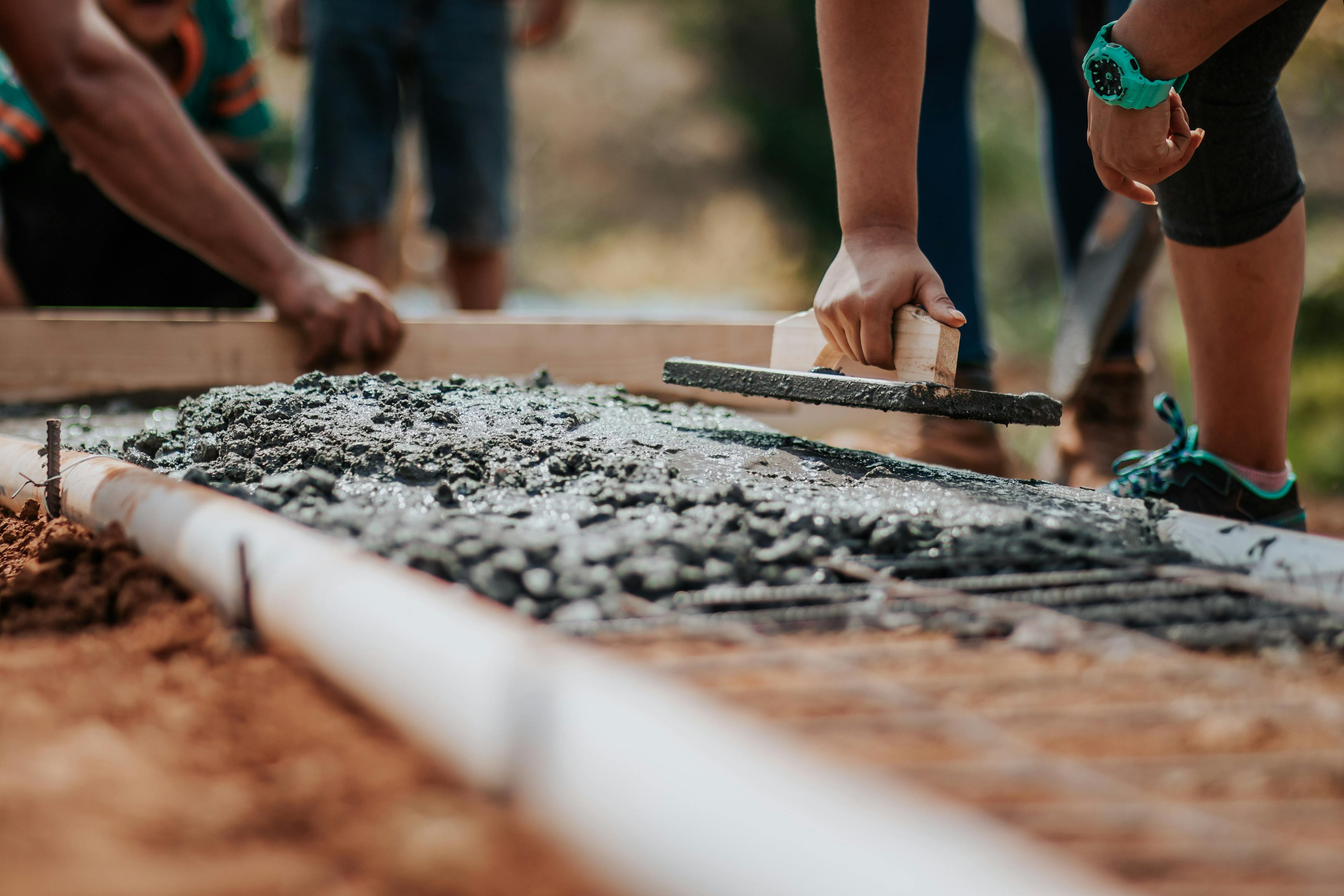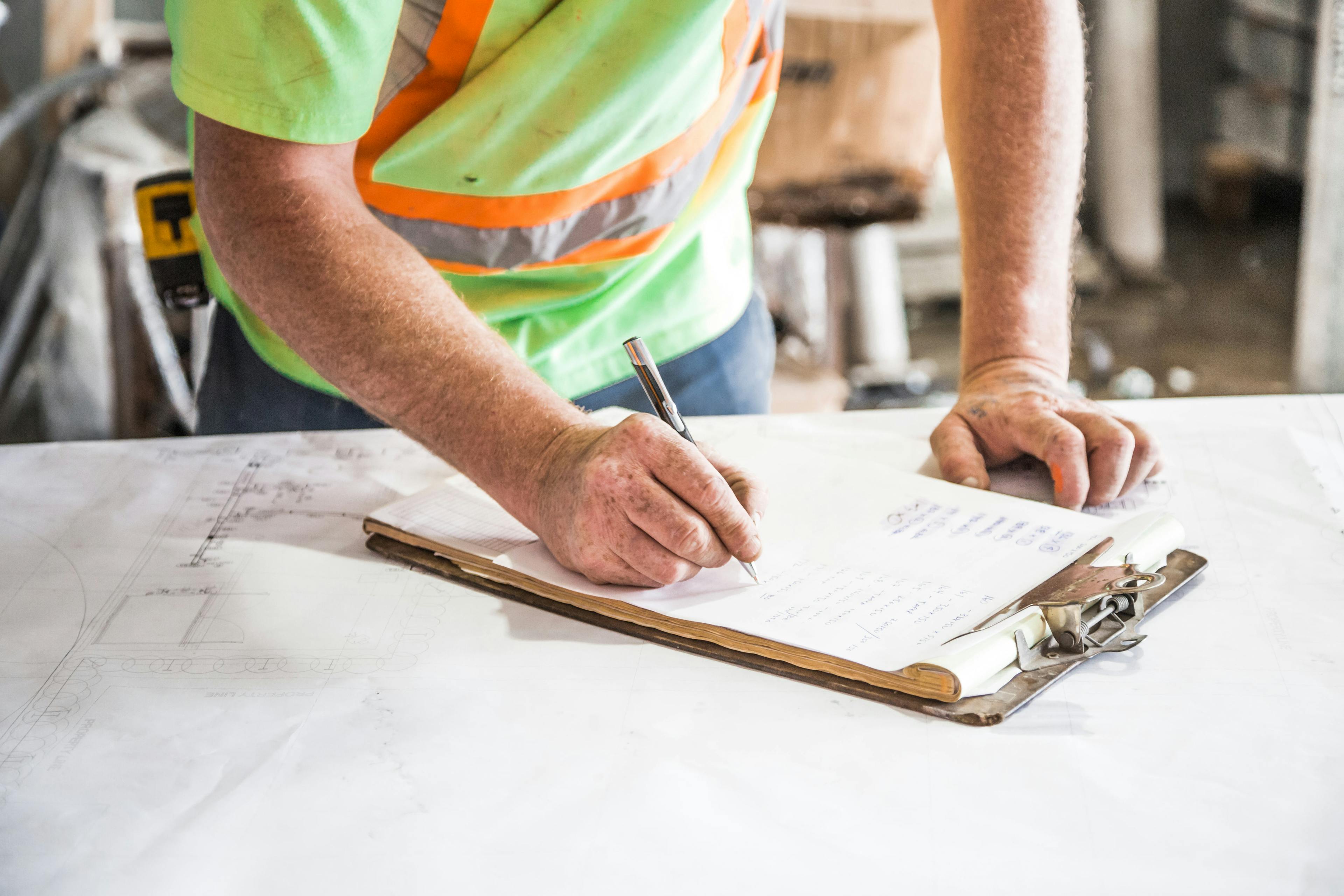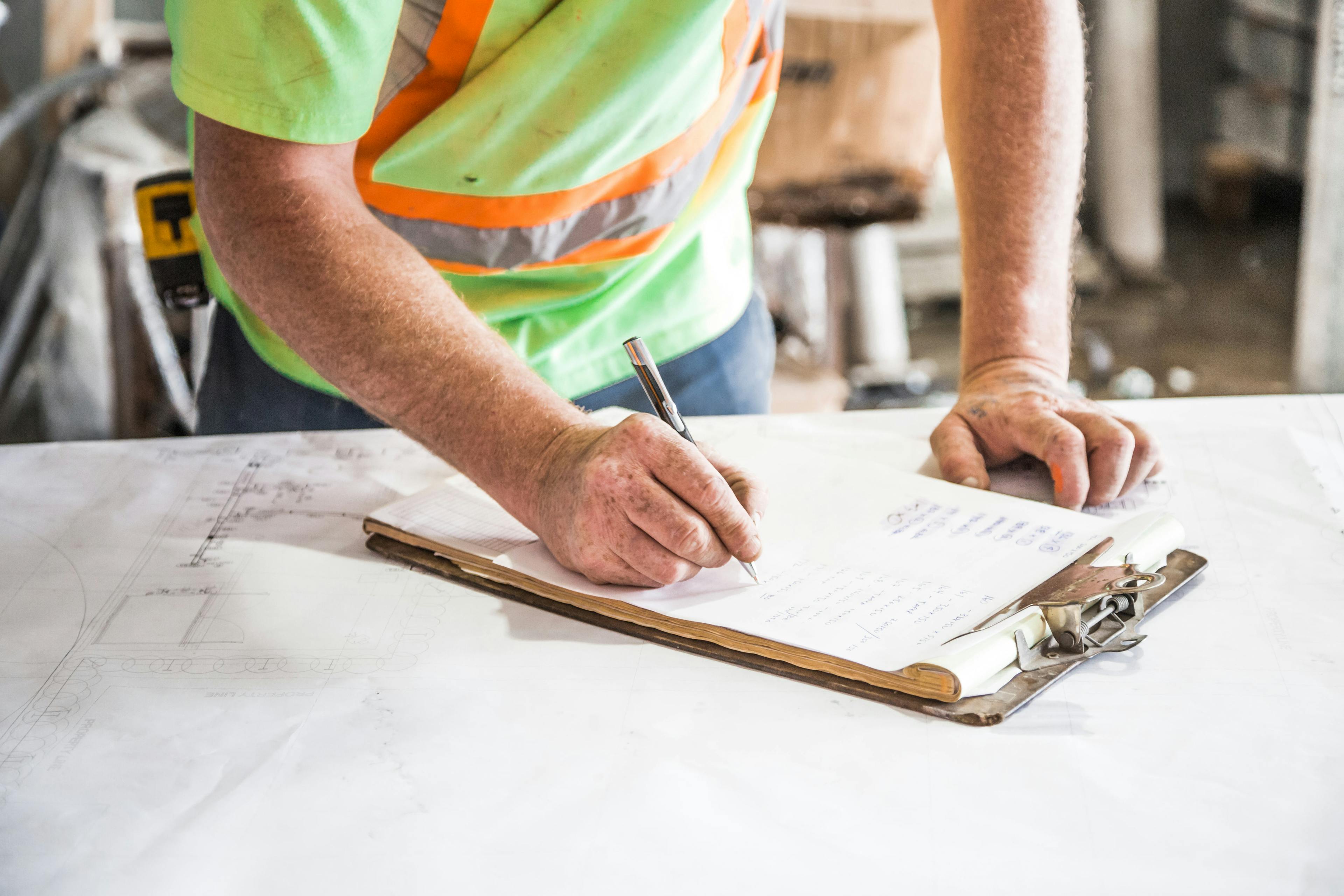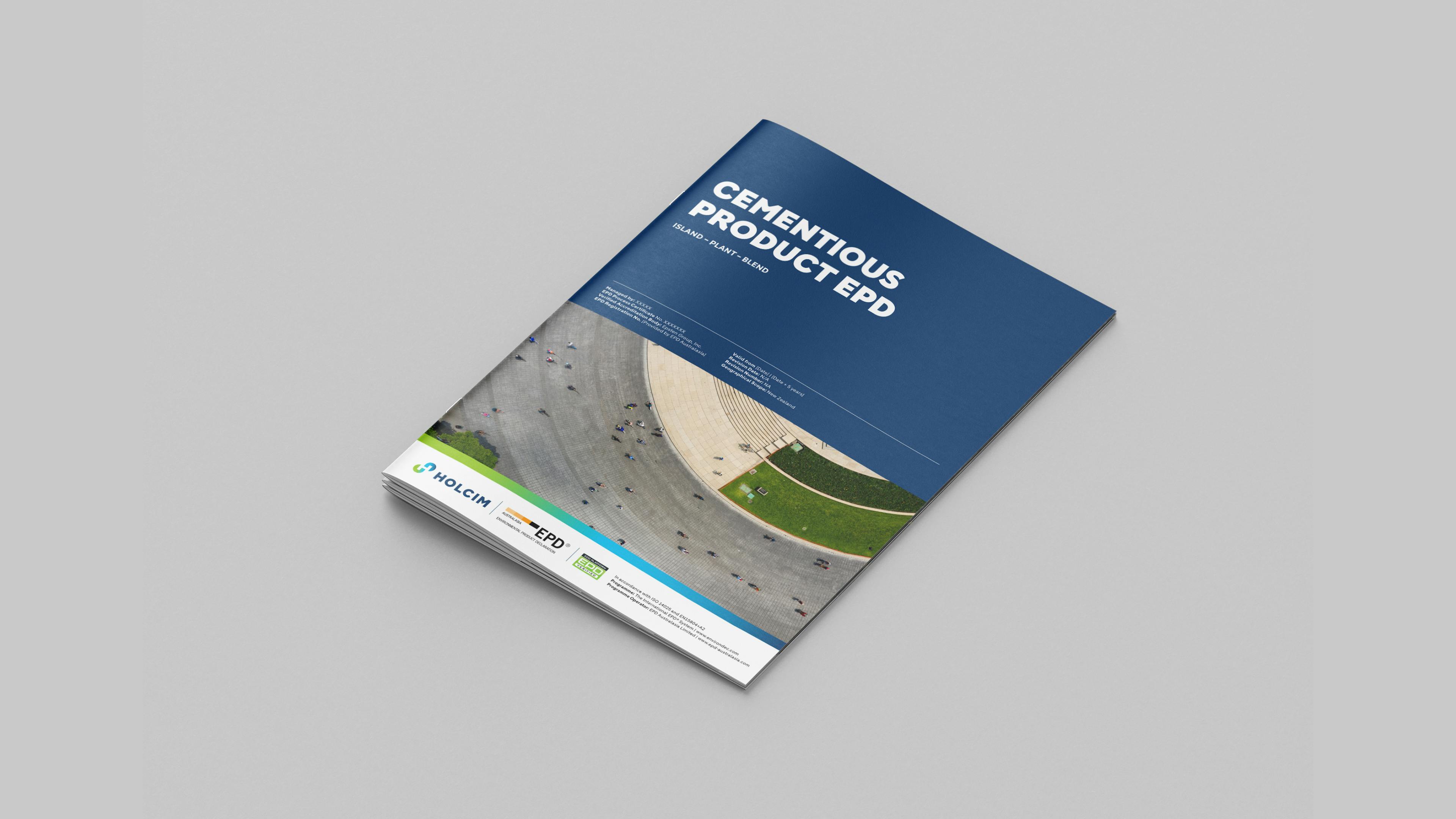
The ethics we bury in concrete
Written by
Nick Dexter, Principal Consultant, Modern Slavery and Human Rights
Modern slavery in construction rarely announces itself.
It hides in subcontracted labour, unpaid overtime, debt bondage, and the promise of permanent residency that never arrives. It hides in rushed jobs, raw materials from unknown sources, and cleaning crews paid below award rates.
In short: it hides in the layers of our contracting arrangements even when the people may be right in front of us.
Australia and New Zealand is not immune. Construction is one of the highest-risk sectors globally, accounting for 18% of all forced labour victims. Here, the risk is compounded by a workforce heavily reliant on migrant workers on temporary visas, a deep culture of outsourcing and sub-subcontracting, and a focus on time, cost, and performance.
And yet, despite these risk signals, many companies still fail to see modern slavery as a project delivery issue.
The invisible risk on site
A recent study by Alzoubi et al. (2023) found that project managers under pressure routinely “turn a blind eye” to modern slavery risks - not out of indifference, but because they lack the tools, the mandate, and the time to act.
Training is seen as a checkbox. Responsibility is fragmented. And ethical risk is treated as someone else’s job.
“Everyone’s responsible, so no one is.”
This blindness is rarely malicious. It looks like minimising risk (“not on this project”), assuming someone else is responsible (usually corporate or the subcontractor), avoiding difficult questions about labour conditions, and focusing only on what gets measured: budget, time, and safety. Training is endured, not absorbed. Risk registers rarely mention people.

“Mandatory training… was seen as something to be endured, not engaged with.”
Luc Boltanski’s Distant Suffering offers one explanation: we label modern slavwery as an issue that occurs in our international supply chains and when those affected are distant - geographically, emotionally, contractually, or culturally - we struggle to respond.
Michael Walzer’s Spheres of Justice adds another: when market values like price and speed dominate spaces where moral values like dignity and fairness should apply, justice is displaced.
“Speed and cost pressures make it easier to look the other way.”
In construction, this is exactly what happens. Time and budget override due diligence and scrutiny. Delivery teams are judged by handovers, not by human rights.
Rebuilding accountability from the ground up
So how do we shift this? Here are three tangible practices I’ve seen organisations use to bring modern slavery risk out of the abstract and into day-to-day project management:
- Treat modern slavery as a core project risk. Add it to the risk register. Raise it alongside safety in toolbox talks and project review meetings. Report against it at board level, like any WHS hazard.
- Map your labour supply chain - even if just two tiers deep. If no one knows who’s supplying the labour, someone needs to be tasked with finding out.
- Ask subcontractors about ethical labour practices. Not just in contracts - in conversations: “Are your workers being paid properly? Can you show me?”
None of this requires perfect systems. But it does require a shift from silence to visibility.
Final thought
There is no doubt that project delivery is a pressured environment. But ethical risks - like structural ones - don’t disappear just because we don’t look at them.
Modern slavery thrives in silence, complexity, and speed. But construction is also a place of systems, sequencing, and leadership. The industry has systems to manage complexity and risk.
We just need to extend that logic to people, not just performance.
In Australia’s construction industry, we don’t need more policies. We need to stop burying the ethics in concrete - and start pouring accountability into the mix.
Let’s Make It Real
If you’re working in construction, infrastructure, or property in New Zealand and want to:
- Improve your modern slavery risk assessments
- Embed worker voice and ethical practices into project delivery
- Align your site governance with real-world responsibility
Edge Impact can support your team across Aotearoa to build ethical, resilient, and human-rights-aligned construction practices.
Let’s start a conversation about building systems that deliver real impact. Feel free to connect directly with Nick Dexter, or get in touch today.





